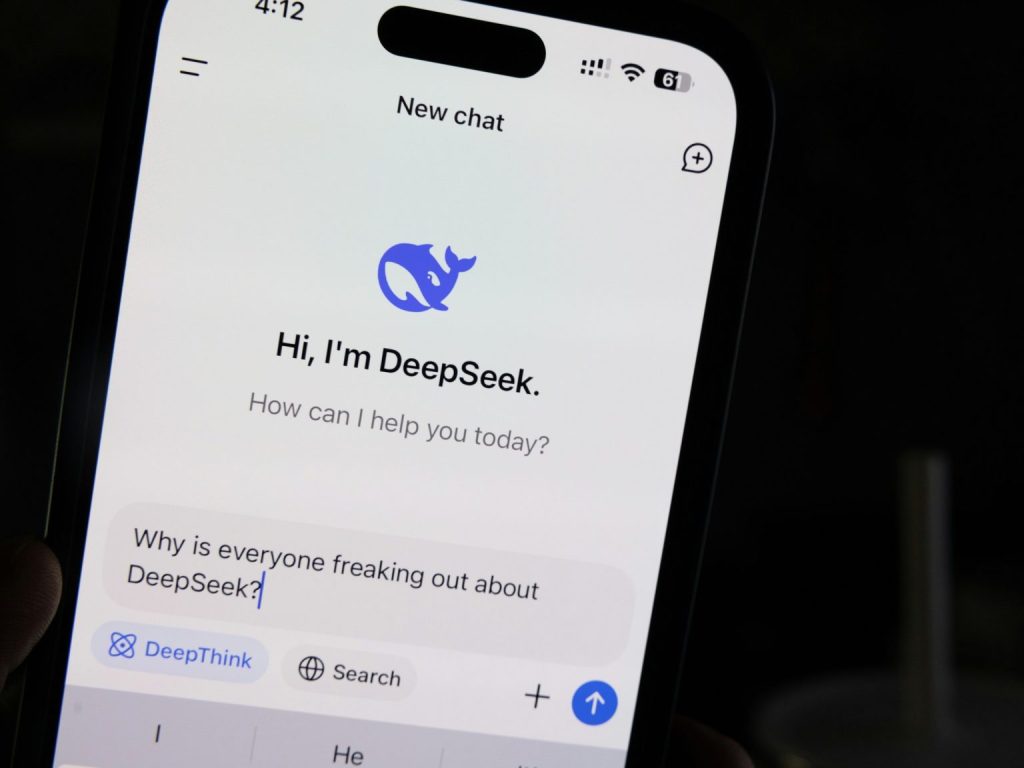DeepSeek reverts to Nvidia for R2 model after Huawei AI chip fails

DeepSeek’s plan to train its new AI model, R2, on Huawei’s Ascend chips has failed and forced a retreat to Nvidia while delaying launch.
For months, the narrative pushed by Beijing has been one of unstoppable technological progress and a march towards self-sufficiency. However, reality has a habit of biting back. The recent troubles of Chinese AI darling DeepSeek is a textbook example of where ambition meets the hard wall of technical limitations.
After the successful launch of its R1 model in January, DeepSeek found itself under pressure from China to champion the national cause. According to three people speaking to the Financial Times, the message was clear: use Huawei’s chips, not Nvidia’s.
When it came to actually training their new R2 model, the sources say DeepSeek ran into “persistent technical issues” with Huawei’s AI chips. The problems were so fundamental that the project ground to a halt. A person with knowledge of the situation said this was the main reason the model’s planned launch in May was scrapped, putting the company on the back foot in a market that waits for no-one.
To understand why this is such a big deal, you have to know the difference between AI training and inference. Training is the hard part, like sending a student to university for years of intense learning. It requires colossal amounts of power and stability. Inference is the relatively ‘easy’ part, like asking the graduate a question.
DeepSeek discovered that while Huawei’s chips might be ready for the final exam, they weren’t yet up to the gruelling university course. The company had no choice but to switch back to Nvidia’s powerful systems to do the training. The sources say DeepSeek’s team is still trying to get the R2 model to work with Huawei chips for the less demanding inference stage.
Two people confirmed that Huawei even sent its own team of engineers to DeepSeek’s offices to help them get the R2 model up and running on their chips. But even with the experts in the room, they couldn’t get a successful training run.
Talk to anyone in the industry, and they’ll tell you this isn’t a huge surprise. Huawei CEO Ren Zhengfei even said earlier this year that the US “has exaggerated Huawei’s achievements” and the company “is not that great yet,” noting its best chips are still a generation behind.
However, Beijing is still actively pushing its tech giants like to favour local hardware, with the Financial Times reporting that firms now have to justify orders of Nvidia’s export-compliant H20 chip. It’s part of a strategy to build a domestic champion, but it can force companies into making technically-inferior choices.
Aside from the issues faced with using Huawei’s chips for training, DeepSeek founder Liang Wenfeng has reportedly told his team he is dissatisfied with the overall progress towards the R2 model. He is said to be pushing them to aim higher and build something that can keep the company among the AI industry leaders.
For all the top-down directives and national pride, the laws of engineering still apply. DeepSeek’s story is a reminder that in the global race for AI supremacy, there are no shortcuts. China is playing the long game, but for now, the performance crown remains firmly on Nvidia’s head.
See also: Ren Zhengfei: China’s AI future and Huawei’s long game
Want to learn more about AI and big data from industry leaders? Check out AI & Big Data Expo taking place in Amsterdam, California, and London. The comprehensive event is co-located with other leading events including Intelligent Automation Conference, BlockX, Digital Transformation Week, and Cyber Security & Cloud Expo.
Explore other upcoming enterprise technology events and webinars powered by TechForge here.



